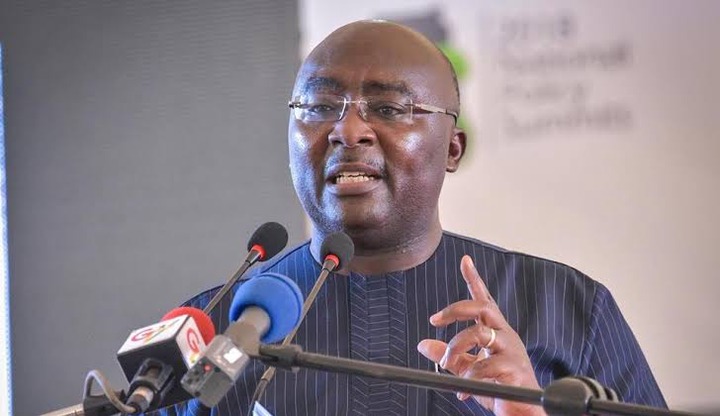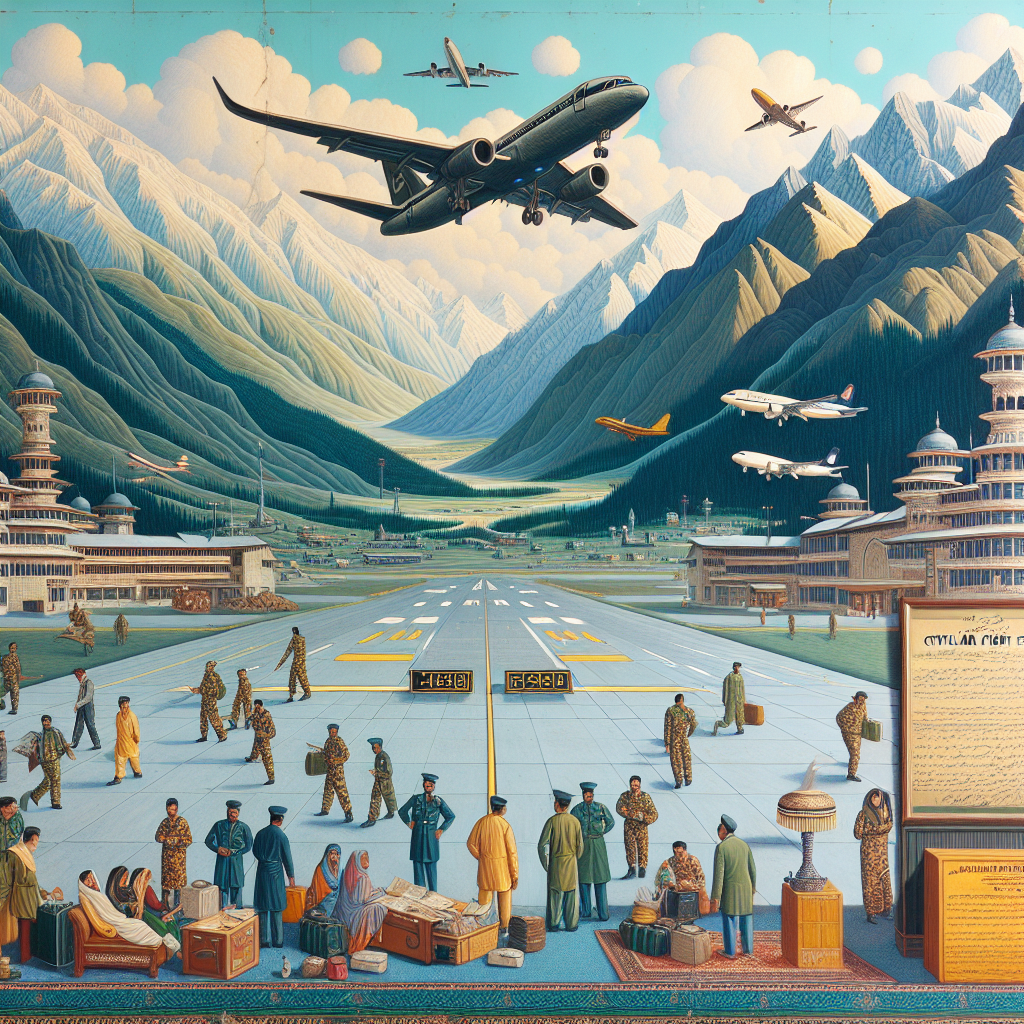
News Ghana, Latest Updates and Breaking News of Ghana, News Ghana, https://newsghana.com.gh/kwarteng-explains-restructuring-of-ghanas-ptas/Former Education Ministry spokesperson Kwasi Kwarteng has dismissed claims that the Parents Teachers Association was scrapped by the previous government.
Instead, he explained that the PTA was restructured to better serve both students and parents, rather than being eliminated.Kwarteng recalled that PTAs did exist under the former administration, albeit in a different format. He noted that the restructuring was designed to prevent financial exploitation that had, in some cases, adversely affected students’ academic progress.

“The change was necessary to stop practices where parents who couldn’t pay dues were penalized—sometimes to the extent of being denied access to education or barred from classes and exams,” he said.Before the reform, many PTAs had evolved into revenue-generating schemes. Recognizing the negative impact of such practices, the government had already alleviated financial burdens on parents through the Free Senior High School policy.
This led to a strategic decision to redefine parental involvement by separating the Parent Association from the Teacher Association. Kwarteng emphasized that this change was meant to ensure that parental contributions remained voluntary, thereby protecting students from academic discrimination due to financial challenges.His comments come shortly after the Education Minister announced plans to reintroduce the PTA into public schools.
“I am particularly happy to announce that PTAs will be reintroduced into the management of education in Ghana under the presidency of His Excellency John Dramani Mahama. This will enable parents and teachers to work together to improve learning outcomes and support the production of quality human capital for our country,” the Minister stated.The decision to restructure and then reintroduce the PTA reflects a broader effort to address systemic issues within the education sector.
Critics argue that previous practices created inequities, and Kwarteng’s clarification aims to reassure stakeholders that the new system is designed to foster collaboration without imposing undue financial burdens. As the country prepares to welcome the reformed PTA, education observers remain cautiously optimistic that these changes will lead to more inclusive and effective management of Ghana’s schools.Read His Post Below PTAs Were Never Abolished; They Were Restructured.
NST is already implemented.PTAs were in existence under the previous government but in different form. The only change was that it was restructured to prevent situations of financial exploitation of parents which affected the academic activities of their wards.
Before this reform, PTAs in some schools had turned into revenue-generating schemes, where students whose parents were unable to pay PTA dues were denied access to education, prevented from attending classes, or even barred from writing exams. Recognizing this, the government then, which had already relieved the financial obligations of parents through the Free Senior High School (FSHS) policy, took steps to redefine parental involvement.The solution was to separate Parent Association (PA) from Teacher Association, ensuring that parental contributions & support remained voluntary and that no student faced academic discrimination or frustration due to inability of their parents to fulfill their financial obligations under the PTA.
After this streamlining, Parent Associations maintained their collaboration with teachers & schools.NST: A Policy Already ImplementedSimilarly, the assertion that the NDC government is rather going to “introduce” a National Standardized Test (NST) is equally misleading. The NST initiative was first implemented in 2021 under the NPP Administration, with three nationwide assessments conducted as follows:1.
December 17, 2021– The first NST was administered to Primary 4 students, with 470,768 pupils from 15,391 schools participating. The results showed that 38% of students were proficient in English, a significant improvement from the 2% proficiency recorded in the Early Grade Reading Assessment (EGRA) conducted in 2015.2.
In 2023, the second NST assessed Primary 2 pupils in public and selected private schools.3. Finally in July 2024, the third NST was conducted for 895,685 students at both Primary 4 and Primary 6 levels.
. News Ghana, Latest Updates and Breaking News of Ghana, News Ghana, https://newsghana.com.
gh/kwarteng-explains-restructuring-of-ghanas-ptas/.










